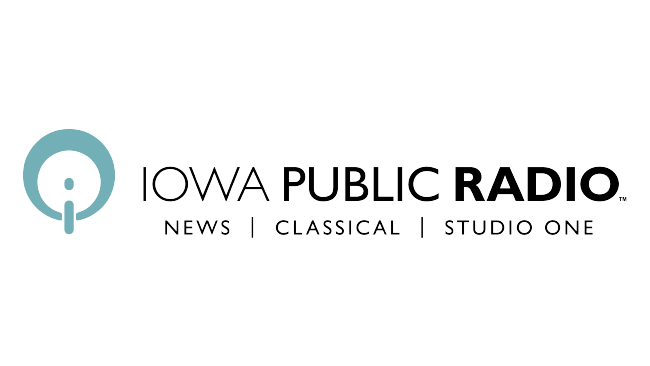Several regional public radio networks and stations are seeking to fill gaps in their coverage areas with applications filed during the FCC’s Nov. 2-9 window for new non-commercial FM stations.
Iowa
Iowa Public Radio applied for new stations on 90.7 in Manly and 88.1 in West Point. REC Networks has identified the Manly station as a “singleton” with no competition but the proposed West Point station is in competition with two other applications.
The proposed Manly station would deliver a strong signal to Clear Lake and Mason City, displacing current IPR Classical translator K214BA/90.7 (Mason City). In the area, IPR also has News and Studio One station KNSM/91.5 (Mason City) and News station KRNI/1010 (Mason City).
The proposed West Point station would reach Keokuk, Fort Madison, and Burlington, an area not currently served by any strong IPR signals. The area is served by Macomb, IL-based Tri-States Public Radio.
Meanwhile, Augustana College, which owns WVIK/90.3 (Rock Island, IL), applied for a new station on 88.9 in Epworth that is in competition with another application. The proposed station would rimshot Dubuque, where WVIK has a longtime translator.
Minnesota
Two Harbors Community Radio applied to replace KTWH-LP/99.5 (Two Harbors) with a new full-power station on 88.3, which would have to transmit from a site north of town due to spacing requirements. It appears to be in competition with a few other applicants.
Park Public Radio, which owns KPPS-LP/97.5 (St. Louis Park), applied for two different frequencies to replace KPPS-LP (see separate article) as well as 88.7 Aitkin, 88.3 Beaver Bay, 88.3 Gilbert, 88.1 Grand Rapids, 90.1 Red Wing, 88.9 Owatonna, and 88.1 Stewartville.
Minnesota Public Radio did not apply for any new stations.
Nebraska
The Nebraska Educational Telecommunications Commission, which operates Nebraska Public Media, applied for five new stations: 91.3 in Broken Bow, 88.7 in Columbus, 89.9 Falls City, 91.1 in McCook, and 88.9 in Pender.
However, REC Networks notes that all of the proposals appear to be competing with other applications.
Broken Bow, Falls City, and McCook currently only receive fringe service from Nebraska Public Media’s sole radio network. Columbus currently receives a strong signal via a translator; Pender receives a rimshot signal KXNE/91.7 (Norfolk) and the new station would expand network coverage along the state border south of South Sioux City.
South Dakota
The South Dakota Board of Directors for Educational Telecommunications, which runs South Dakota Public Broadcasting, applied for a new station on 89.1 in Mitchell. It has no apparent competition. SDPB’s sole network currently reaches Mitchell via a translator, while rural areas surrounding Mitchell receive only fringe service from Brookings, Pierre, or Vermillion.
Wisconsin
The Wisconsin Educational Communications Board, one of the two parent organizations of Wisconsin Public Radio, applied for two new stations.
The proposed stations would operate on 88.3 in Plymouth and 91.5 in Rice Lake. However, in both cases, REC Networks notes WPR’s applications appear to be mutually-exclusive with other applications.
The Plymouth station, which would also provide a rimshot signal to Sheboygan, would serve an area of east-central Wisconsin where WPR’s existing stations lack strong signals. The strongest fringe WPR signal to the area currently is provided by WPNE/89.3 (Green Bay), which carries the NPR News and Classical Music Network.
The Rice Lake station would serve an area that has long lacked service from the NPR News and Classical Music Network but that receives service from WPR Ideas Network station WHWC/88.3 (Menomonie).
The applications do not confirm what programming would air on the new stations if they are approved.


1 thought on “FM Applications: Public Radio Networks Request to Fill Gaps”
Comments are closed.